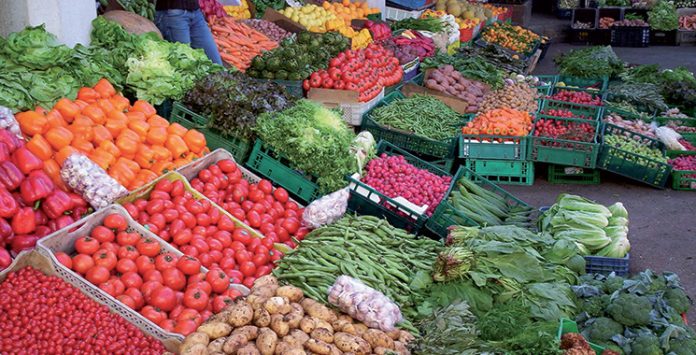The High Commission for Planning has announced a 0.4% rise in the Consumer Price Index (CPI) for June 2024, driven by increases in both food and non-food products. This increase reflects a 0.5% rise in food prices and a 0.3% rise in non-food prices. The underlying inflation indicator, which excludes volatile prices and regulated tariffs, also saw a 0.3% increase over the month and a significant 2.4% rise over the past year.
In June 2024, the most notable changes in food prices included a 4.5% surge in fruit prices, a 2.2% increase in meat, and smaller rises in coffee, tea, and cocoa (0.6%), fish and seafood (0.5%), and sugar, jam, honey, chocolate, and confectionery (0.2%). Conversely, prices for vegetables dropped by 1.6%, milk, cheese, and eggs fell by 1.2%, and oils and fats decreased by 0.4%.
Non-food products saw the most significant price increase in gas, which jumped by 10.9%.
Regionally, the largest CPI increases were observed in Al-Hoceima (1.8%), Errachidia (1.5%), and Marrakech (1.0%). Other notable increases included Fès and Oujda (0.7%), Tétouan, Guelmim, and Safi (0.6%), Agadir (0.5%), Meknès, Laâyoune, and Beni-Mellal (0.4%), Casablanca (0.2%), and Rabat and Settat (0.1%). On the other hand, decreases were recorded in Kenitra and Dakhla (-0.3%) and Tangier (-0.1%).
Comparing year-on-year figures, the CPI rose by 1.8% in June 2024, with food prices increasing by 1.7% and non-food prices by 1.9%. Within non-food products, price changes ranged from a 1.2% decrease in health-related expenses to a 3.7% increase in housing, water, gas, electricity, and other fuels.
These figures indicate ongoing inflationary pressures within the Moroccan economy, particularly in essential goods and services. As the parliamentary commission prepares to release its detailed report on public tourism policy next week, these rising costs highlight the broader economic challenges facing the country. We will keep you updated with further developments and detailed analyses from the commission’s findings.





